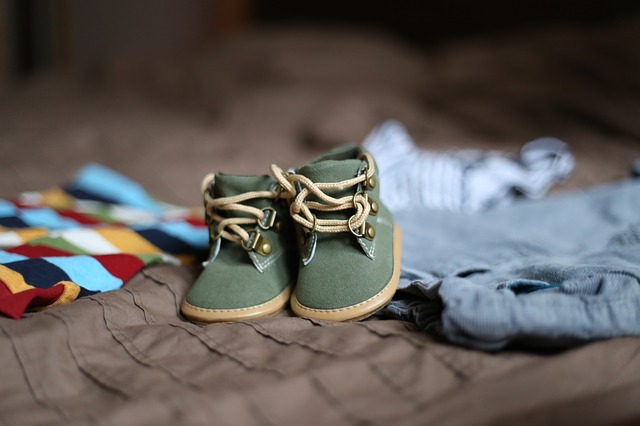Christian charities are calling on the new UK Foreign Secretary, Dominic Raab, to uphold the promises of his predecessor to persecuted Christians.
The former Secretary, Jeremy Hunt, had pledged to act on the recommendations of the Anglican Bishop of Truro that were made in a recent report for the Foreign and Commonwealth Office (FCO) in support of those discriminated against because of their Christian faith around the world.
Mr Hunt had said during his campaign for leader of the Tory party that the first thing he would do as PM would be to work with countries whom Britain already has a diplomatic relationship with, such as Nigeria and India, and encourage them to protect persecuted Christians.
Religious freedom charity Open Doors told Premier radio they are: “urging the new prime minister, Boris Johnson, to keep his promise to ‘prioritise protecting religious freedoms’ and ‘stand up for those facing persecution’ and Open Doors is calling upon the new foreign secretary, Dominic Raab to carry on the vital work started by his predecessor and implement the recommendations of the report into the persecution of Christians.”
They added that they are pleased that shadow foreign office minister, Liz McInnes asked for the FCO to focus on countries such as Nigeria where persecution is escalating and for the prime minister’s special envoy on freedom of religion or belief, currently Lord Ahmad, to be made permanent.




















